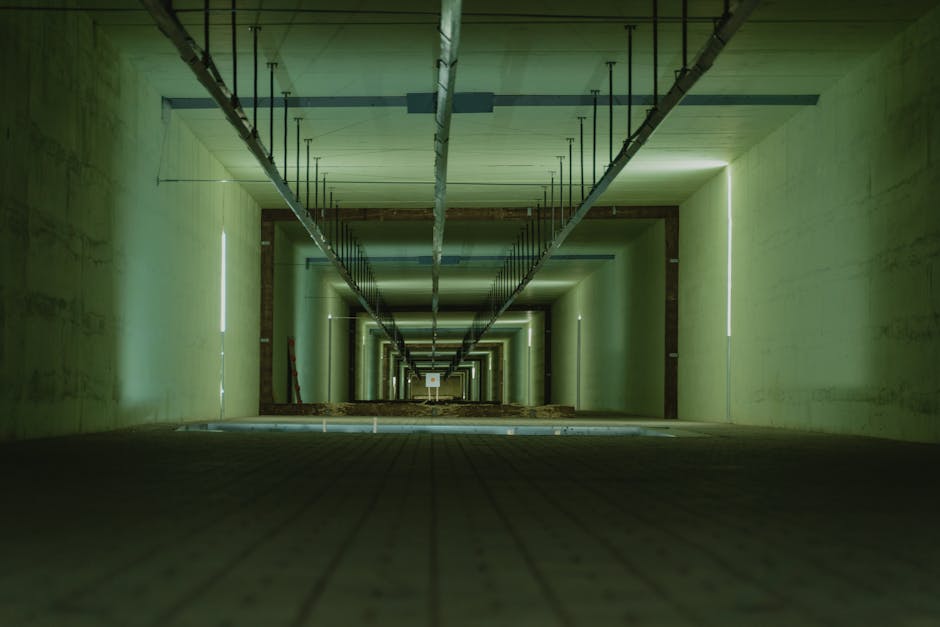New Delhi, India – Bangladesh’s recent death penalty ruling against a high-profile opposition leader has drawn a measured but strategic response from India, emphasizing its commitment to regional stability and bilateral relations. The verdict, seen as politically charged, could reshape Bangladesh’s political landscape ahead of the 2024 elections.
Bangladesh’s Landmark Verdict: Political or Judicial?
The Bangladesh International Crimes Tribunal (ICT) upheld a death sentence for a senior opposition figure linked to 1971 war crimes. The ruling deepens tensions between Prime Minister Sheikh Hasina’s Awami League and opposition groups like the BNP and Islamist allies.
Experts highlight the timing—just months before elections—as critical, with opposition parties demanding a neutral caretaker government, a move Hasina rejects.
India’s Diplomatic Stance
India’s Ministry of External Affairs (MEA) stated: “India remains committed to the best interests of the people of Bangladesh and regional stability. We support a peaceful, democratic, and stable Bangladesh.”
The carefully worded response avoids direct criticism while subtly endorsing Hasina’s government, a key ally in trade, security, and infrastructure.
Why This Matters for India
- Strategic Partnership: Hasina’s government has strengthened India-Bangladesh ties through landmark deals like the Land Boundary Agreement. Instability could jeopardize these gains.
- China’s Growing Influence: Bangladesh’s deepening ties with Beijing, including defense and infrastructure projects, worry New Delhi. A political shift could favor China.
- Security Risks: Unrest in Bangladesh could spill into India’s northeastern states, exacerbating extremism or illegal migration.
Opposition Outcry and Regional Fallout
The BNP condemns the verdict as “politically motivated,” sparking protests in Dhaka. Neighboring nations like Pakistan and China remain silent, but analysts warn of potential external interference.
For India, the priority is preventing regional destabilization while safeguarding bilateral interests.
What’s Next for Bangladesh and India?
With elections approaching, the ruling could either strengthen Hasina or trigger wider unrest. India’s approach will likely focus on:
– Discreet Diplomacy: Private assurances to Dhaka while advocating restraint.
– Neutral Public Statements: Balancing support without appearing interventionist.
– Crisis Preparedness: Contingency plans for escalating violence affecting joint projects.
Key Takeaways
India’s reaction underscores its delicate diplomacy—backing an ally without overt interference. As Bangladesh’s political climate heats up, New Delhi’s ability to navigate the crisis will shape regional dynamics.
The world watches Dhaka: Will Hasina solidify her grip, or will the verdict ignite unrest?
— Reporting by NextMinuteNews, with diplomatic insights.




